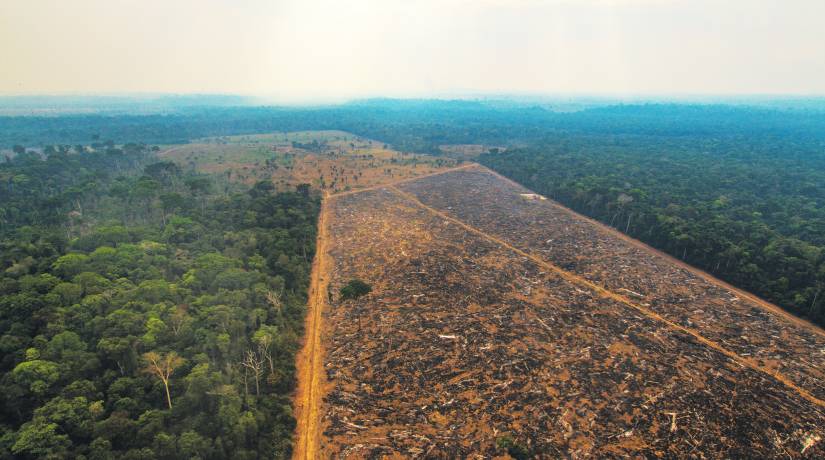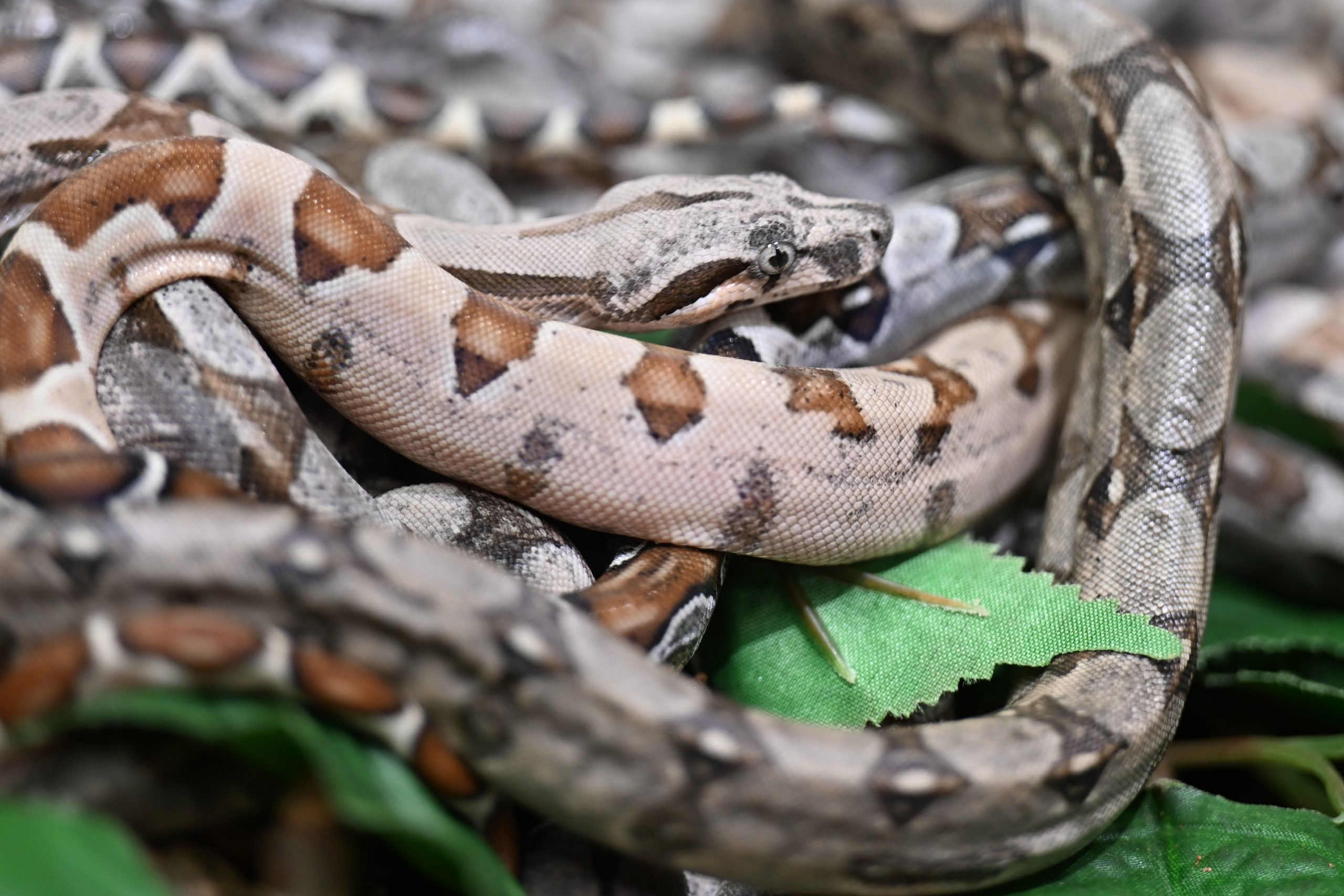In English
12 de agosto de 2020
Safeguarding Nature is an Inexpensive Way to Prevent Pandemics – Level 3
Article published in Joca 154

Stopping the appearance of new viruses with prevention measures would be 500 times cheaper than addressing a pandemic, according to a study published on July 23rd by Science magazine. Measures such as curbing the trade of wild animals and the deforestation of tropical forests around the world could cost up to 31 billion dollars (close to 160.3 billion reais) per year. As of July, the damages caused by covid-19 have been estimated to be as much as 15 trillion dollars (around 77.5 trillion reais), an amount that is approximately 500 times greater.
Researchers highlighted that, aside from the new coronavirus, which probably originated in bats in China, other viruses, such as Ebola, have crossed over to humans through wild animals. Due to environmental devastation, animals that host the virus eventually lose their natural habitats and search for a home and food in places occupied by humans, which facilitates transmission.
Thus, a way to prevent new epidemics and pandemics would be to conserve the environment, according to a study coordinated by Princeton University, in the United States, in partnership with scientists from Brazil, China, and Kenya.
What else can be done?
The authors also recommended other ways to prevent contamination, such as inspecting areas where humans have significant contact with animals to identify new viruses before they spread; and tracking animal breeding, especially those that have higher chances of transmitting the virus to humans, such as pigs and birds.
Based on the calculations done for the study, the highest amount needed (19.4 billion dollars – close to 100.3 billion reais) would go to ending the trade of wild animal meat in China. After that, 9.59 billion dollars (close to 49.6 billion reais) would go to reducing deforestation throughout the world by half.
The cost to reduce deforestation in the Amazon forest alone would be 1.5 billion dollars (approximately 7.7 billion reais) per year. Supporting indigenous people and their land is one of the measures recommended to contain deforestation in the region.
With its vast diversity of bats and primates (such as monkeys) that can be hosts to viruses, the Amazon forest and its deforestation stand as a risk of new diseases emerging.
Sources: Estadão, Science magazine, and The Guardian
Questions
1) Which alternative is true?
a) Preventing pandemics is 50 times more expensive than dealing with diseases after they appear.
b) It is estimated that covid-19 has already caused damages of up to 15 trillion dollars.
c) Wild animals can only transmit diseases to people when they lose their natural habitat.
d) 19.4 billion dollars is what it would cost to end wild animal trade in China.
2) What other positive effects can nature conservation have?
Ixi! Você bateu no paywall!
Ainda não é assinante? Assine agora e tenha acesso ilimitado ao conteúdo do Joca.












Você precisa fazer o login para publicar um comentário.